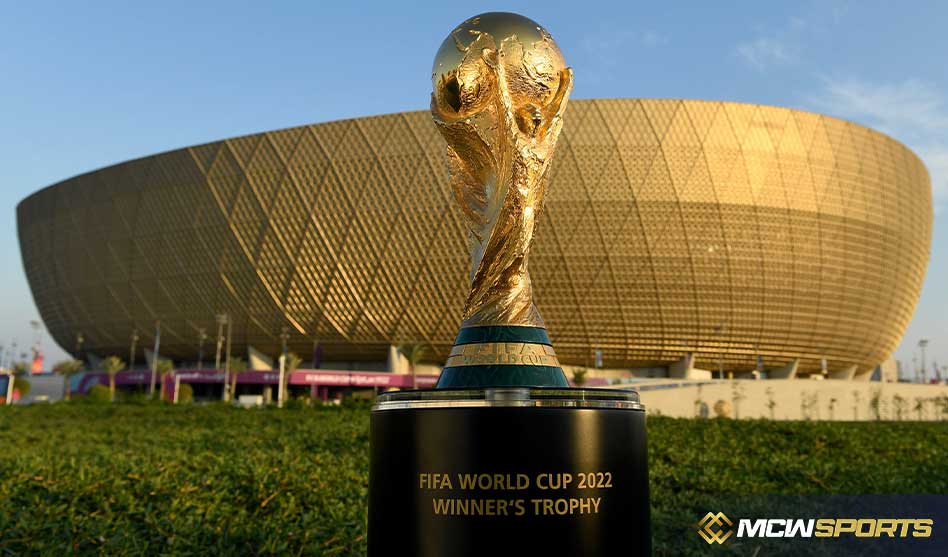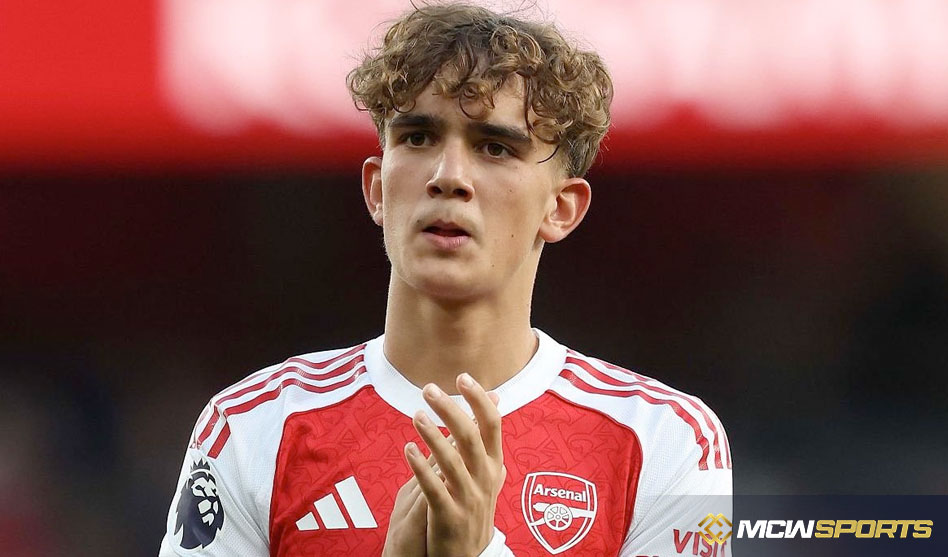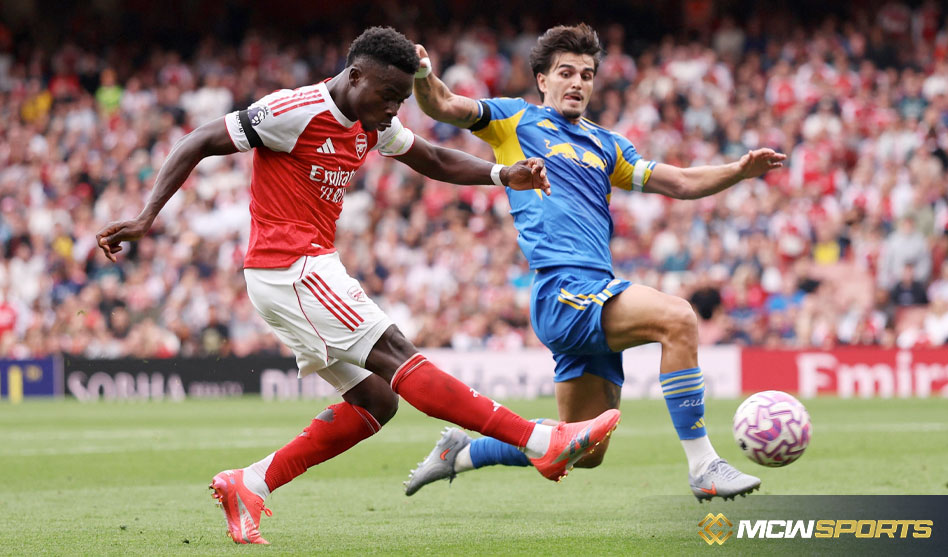Lionel Messi’s incredible career came to an end with Argentina’s third World Cup victory.
After an exciting 3 to 3 draws in extra time, Argentina defeated France to win the World Cup 4 to 2 on penalties.
It was the culmination of seven games played over the course of a month to lift the World Cup trophy on Sunday afternoon. This is the account of Argentina’s World Cup in Qatar in 2022.
Argentina defeated Saudi Arabia 2 to 1 on November 22 in group play.
In their inaugural World Cup match in Group C against Argentina, Saudi Arabia stunned them with two goals in the second half, causing the first upset of the competition.
After Messi converted a penalty after 10 minutes, everything seemed to be going according to plan for the Argentines. A re-energized Saudi team entered the field in the second half after two more Argentina goals in the first half were disallowed for offside. Argentine goalkeeper Damian Martinez was beaten by a strike from Saleh Alshehri in the 48th minute to give them the lead.
A few minutes later, winger Salem Aldawsari made a beautiful inside cut and curled shot that found the top corner.
Mexico fell to Argentina 2-0 on November 26 (group stage).
Lionel Messi’s World Cup campaign received a boost when Argentina defeated Mexico 2-0 in an electrifying atmosphere at the Lusail Stadium thanks to two outstanding goals from Messi and Enzo Fernandez.
Messi equaled Diego Maradona’s Argentina World Cup record of 21 games and eight goals by scoring the game’s first goal in the 64th minute, shooting low past a horde of defenders and into the corner.
With a beautiful arcing strike in the 87th minute to secure the victory, Fernandez became the first Argentinean since Messi himself in 2006 to score at a World Cup.
Argentina defeated Poland 2 to 0 on November 30 (in the group stage).
Argentina easily defeated Poland by a score of 2 to 0 to win Group C and guarantee their spot in the World Cup’s round of 16. This victory marked a return to form for the South American powerhouses.
The second-half goals by Alexis Mac Allister and Julian Alvarez highlighted a commanding performance by coach Lionel Scaloni’s team at Stadium 974, which was jam-packed with tens of thousands of boisterous Argentine fans.
December 3 (last 16): Australia defeats Argentina 2-1
One of the few highlights of a lackluster Round of 16 first half at Ahmed bin Ali Stadium came from Messi, who was playing in his 1,000th game, who scored the first and opening goal in the 35th minute.
Just before the hour mark, Julian Alvarez scored Argentina’s second goal following a significant defensive error by Australia.
The Socceroos, who played a tight game, got a consolation goal in the 77th minute when Craig Goodwin’s effort bounced off Argentina midfielder Enzo Fernandez and into the net.
December 9 (quarterfinal): Netherlands 2 to 2 aet, Argentina 4 to 3 pen
Argentina’s World Cup quarterfinal against the Netherlands ended 2 to 2 after extra time, but they prevailed 4 to 3 on penalties to advance to the semifinal against Croatia in Lusail’s Iconic Stadium.
After a fantastic run and fortunate bounce in the penalty area, he increased Argentina’s lead in just five minutes.
When Josko Gvardiol challenged Messi for the ball in the 73rd minute, Messi picked it up on the left and performed another one of his signature runs, dancing toward the box before giving it to Alvarez for the goal. The most talented player to ever play this game provided another memorable moment.
Mbappe scored twice in as many minutes, including an 80th-minute penalty, to help France go from two goals down to tie the game over the course of 90 minutes.
Following Lionel Messi of Argentina’s goal for a 3 to 2 lead in the 109th minute, the France striker completed his hat trick in the 118th minute with another penalty kick.
Aurelien Tchouameni’s shot was wide, while Argentina’s Emiliano Martinez stopped Kingsley Coman’s penalty.
Argentina’s third overall and first since 1986 world championship was secured by Gonzalo Montiel’s game-winning penalty kick.

 English
English










